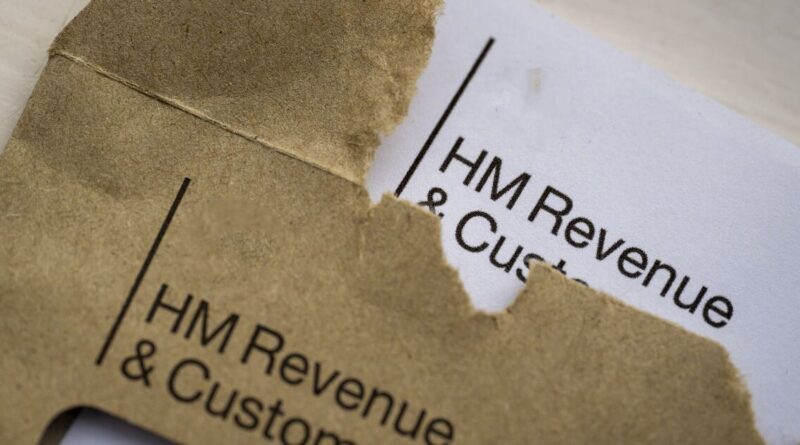HMRC sending instant £100 fines to taxpayers ‘four times a year’ | Personal Finance | Finance
HMRC will be sending instant £100 fines to taxpayers up to four times a year from April 2026 following a change in tax return rules.
Currently, self-employed workers and landlords are required to file a Self Assessment tax return in January every year to inform the tax office of any additional tax they owe. But from April next year, those with an income of more than £50,000 will be required to file a tax return every three months instead – and will be hit with penalties for missing the deadline. From April 6, 2026, HMRC will launch its new ‘Making Tax Digital’ system for sole traders and landlords that will require people to keep digital records throughout the year.
The system is intended to help save people time on filing their tax return by spreading the workload more evenly throughout the year. So rather than submitting one tax return in January, people will instead be required to send quarterly updates to HMRC.
It means there will be four deadlines in a tax year that around 780,000 self-employed workers and landlords will be required to meet from next April, and those who file late will be hit with instant fines.
Failure to file on time will incur a penalty of £100, plus a daily £10 charge for each day that the accounts aren’t filed. Over three months, these charges could reach up to £900 worth of fines.
This increases yet again after six months with a further penalty of 5% of the tax that is due, or £300 – whichever is higher. After 12 months, another 5% – or £300 – will be added. This takes the total fines in late payments over a period of 12 months up to a hefty £1,600, plus interest on the amount that is owed.
HMRC says payments must be made within 30 days of the date on the penalty notice and you can appeal against a penalty if you have a reasonable excuse.
Speaking to Accountex, accountant and owner of Swift Tax Refunds, Robert Jones, warned Brits about the new changes and how missing deadlines can trigger escalating fines.
He said: “From April 2026, self-employed individuals and landlords earning over £50,000 will need to start submitting quarterly updates to HMRC under Making Tax Digital. The first of those deadlines, covering income and expenses from 6 April to 5 July, falls on 7 August. Missing it could trigger serious financial consequences.
“Failing to file a return on time results in a £100 fine straight away. If the return is still outstanding after three months, daily £10 penalties start to add up, reaching up to £900.
“After six months, HMRC can charge a further £300 or 5% of the tax owed, whichever is higher. That same penalty applies again at the 12-month mark. In cases of deliberate delay, the fines can be even steeper.
“Even if you submit your returns on time, not paying your tax can still lead to penalties. You’ll be charged 5% of the unpaid tax after one month, another 5% after six months, and a further 5% if it’s still unpaid at 12 months. On top of that, interest continues to build from the moment your payment is late.
“For those used to doing everything in January, this marks a big change. You’ll now have to report every few months, and if you’re not using the right software or keeping digital records, you risk falling behind. The last-minute rush just won’t work anymore.”
HMRC says it will write to all those who will be affected by the changes next year to inform them they will need to start using the new digital service.
Those who are eligible are urged to sign up to a testing programme on GOV.UK and start preparing now. Penalties for late quarterly updates will not apply during the testing phase, providing an ideal opportunity to get used to the new process without risk.
Craig Ogilvie, HMRC’s Director of Making Tax Digital, said: “MTD for Income Tax is the most significant change to the Self Assessment regime since its introduction in 1997. It will make it easier for self-employed people and landlords to stay on top of their tax affairs and help ensure they pay the right amount of tax.
“By signing up to our testing programme now, self-employed people and landlords will be able to familiarise themselves with the new process and access dedicated support from our MTD Customer Support Team, before it becomes compulsory next year.”





